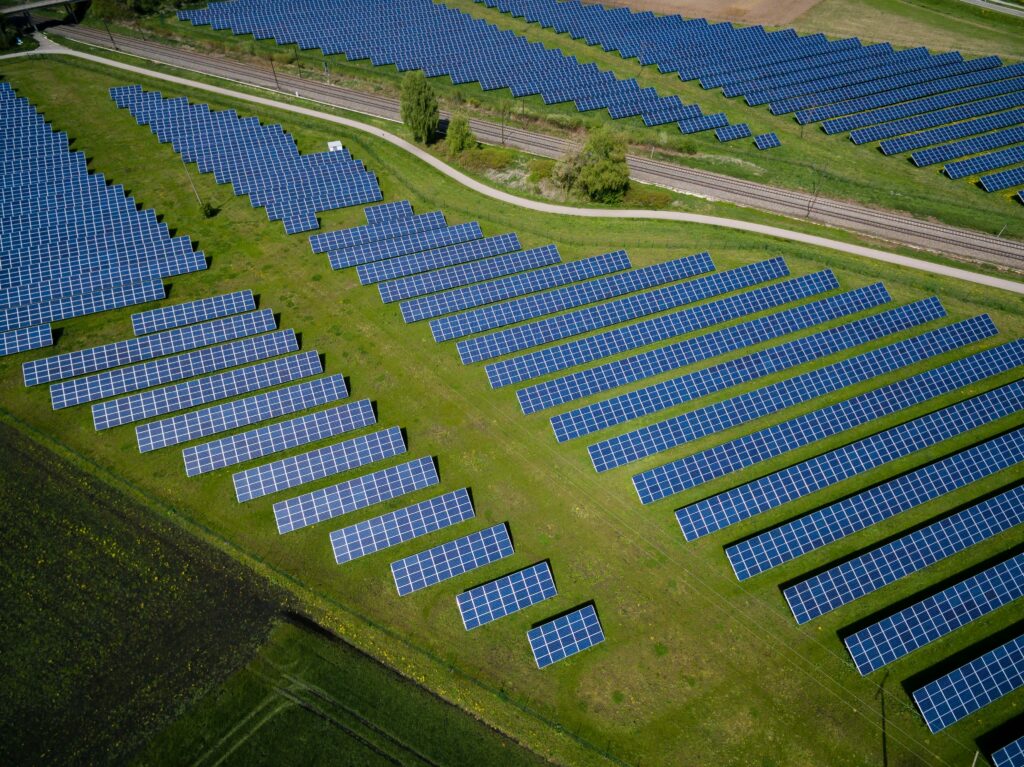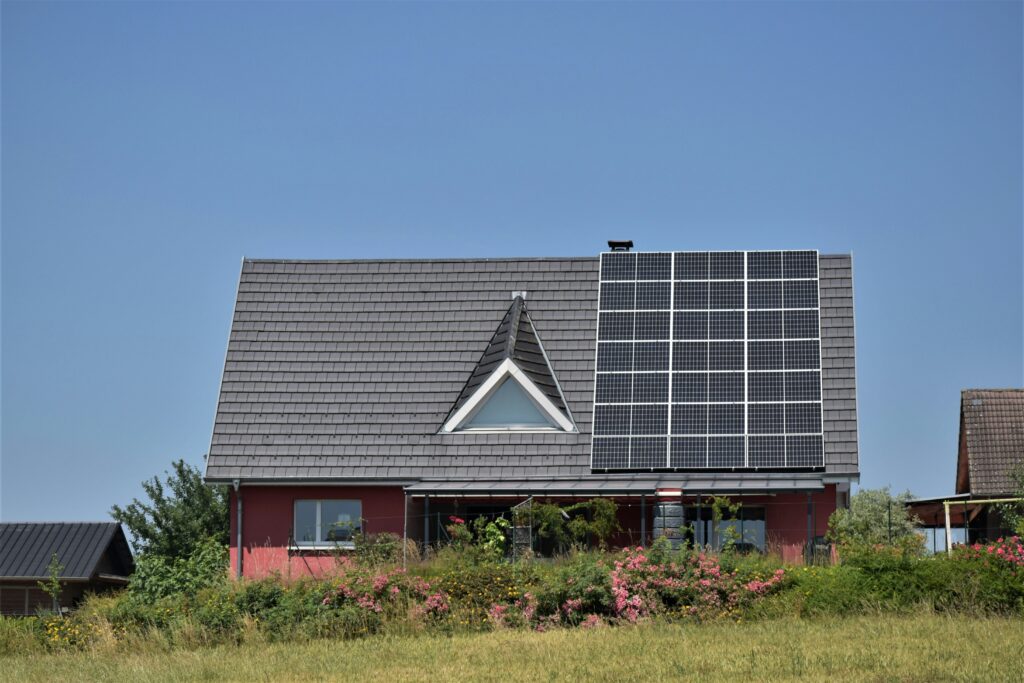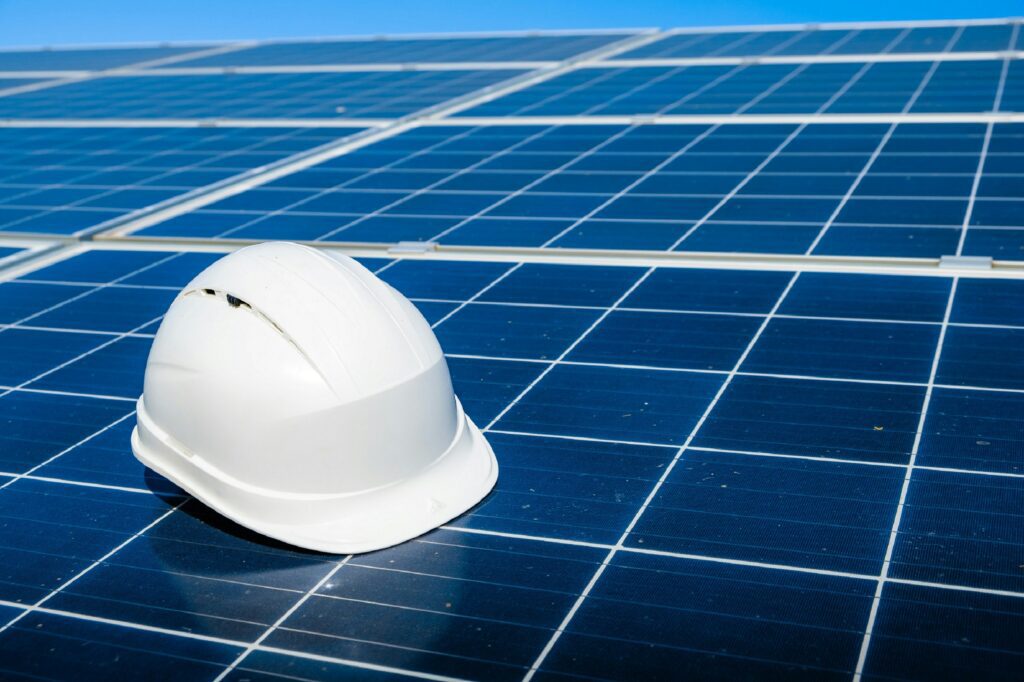Hydrogen solar panels are a groundbreaking technology that combines the power of solar energy with the versatility of hydrogen. Unlike traditional solar panels that generate electricity, hydrogen solar panels produce hydrogen gas, a clean and efficient energy carrier. This innovative approach offers a sustainable and environmentally friendly solution for various energy needs.
In this article, we will delve into the workings of hydrogen solar panels, explore their benefits and applications, and discuss the growing trend of hydrogen solar technology in Pakistan. We will also provide insights into the future prospects of this promising energy solution.
Table of Contents
How it works:
- Solar Energy Absorption: Specialized solar cells capture sunlight and convert it into electrical energy.
- Electrolysis: The captured energy powers an electrolyzer, splitting water into hydrogen and oxygen.
- Hydrogen Production: The produced hydrogen gas is stored for later use.
Advantages of Hydrogen Solar Panels

- Energy Storage: Unlike traditional solar panels, which only generate electricity during the day, hydrogen solar panels allow for energy storage in the form of hydrogen gas. This means energy can be used even when the sun isn’t shining.
- Versatility: The hydrogen produced can be used in various ways, including powering fuel cells, industrial processes, or even as a fuel for hydrogen-powered vehicles.
- Reduction of Fossil Fuel Dependence: By providing a renewable energy source that can be stored and used as needed, hydrogen solar panels help reduce the reliance on fossil fuels.
- Scalability: Hydrogen solar panels can be scaled to meet different energy needs, from small homes to large industrial complexes.
Disadvantages of Hydrogen Solar Panels
- Cost: The technology is still relatively expensive, both in terms of installation and maintenance.
- Storage Challenges: Storing hydrogen safely requires specialized equipment, which can add to the overall cost.
- Efficiency: The process of converting solar energy to hydrogen and then back to electricity can result in energy losses, making it less efficient than some other renewable energy technologies.
The Trend of Hydrogen Solar Panels in Pakistan
In Pakistan, the energy crisis has prompted a search for alternative and sustainable energy sources. Hydrogen solar panels are emerging as a potential solution. The country’s abundant sunlight makes it an ideal location for solar energy projects, and the ability to store energy in the form of hydrogen is particularly appealing in a country that experiences frequent power outages.
Several pilot projects and research initiatives are underway in Pakistan to explore the feasibility of hydrogen solar panels. While the technology is still in its early stages, there is growing interest from both the government and private sector in harnessing this innovative energy solution.
Hydrogen Solar Panels vs. Traditional Solar Panels

- Energy Storage: Traditional solar panels generate electricity during the day and require batteries for storage. Hydrogen solar panels, on the other hand, produce hydrogen gas that can be stored and used as needed, offering a more flexible storage solution.
- Usage: While traditional solar panels primarily power homes and businesses, hydrogen solar panels have the added advantage of producing hydrogen, which can be used in a variety of applications, including industrial processes and transportation.
- Environmental Impact: Both technologies are environmentally friendly, but hydrogen solar panels offer an additional benefit by producing a clean fuel (hydrogen) that can replace fossil fuels in various sectors.
Applications of Hydrogen Solar Panels
- Residential Use: Hydrogen solar panels can power homes, providing electricity during the day and stored energy at night or during cloudy periods.
- Industrial Use: Factories and industries can benefit from the dual use of electricity and hydrogen, reducing their reliance on grid electricity and fossil fuels.
- Transportation: Hydrogen produced by these panels can be used to power hydrogen fuel cell vehicles, offering a clean alternative to gasoline and diesel.
- Remote Areas: In areas without access to the electricity grid, hydrogen solar panels can provide a reliable and independent power source.
Future Prospects of Hydrogen Solar Panels

As technology advances, the efficiency and cost-effectiveness of hydrogen solar panels are expected to improve. Research and development are focusing on reducing costs and increasing the scalability of the technology. With continued investment and innovation, hydrogen solar panels could become a mainstream energy solution, contributing significantly to global efforts to combat climate change.
Conclusion
Hydrogen solar panels represent a promising development in the field of renewable energy. By combining solar power with hydrogen production, these panels offer a versatile and sustainable energy solution that could play a crucial role in the future of energy. In Pakistan, where energy needs are growing rapidly, hydrogen solar panels could provide a much-needed solution to the ongoing energy crisis. While there are challenges to overcome, the potential benefits make this an exciting area of development for the country and the world.